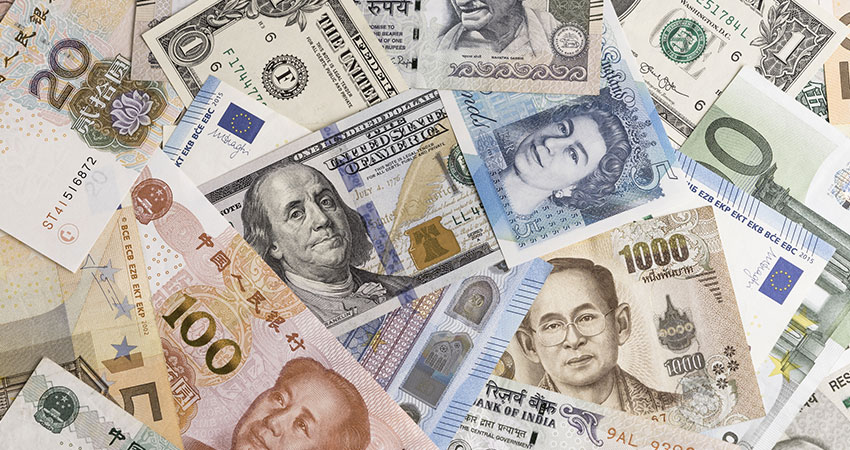
The impact of technological advancement on our society is difficult to ignore. The internet is a pervasive and ever-useful tool that has expanded access to knowledge and opportunity for billions, while new equipment and devices continue to pervade our daily lives.
Technology has not just improved lives through new products and systems, though. It has also enabled larger private institutions and markets to enter a new age; finance, in particular, has benefited from the research and development of new tools to advance market interaction and control. This is seen perhaps most plainly in currency exchange or ‘forex’. But how?
Equitable Access – And Increased Competition
Naturally, the proliferation of new forex technologies – largely in the form of trading platforms and tools that have democratised access to the markets – has been a decidedly profound factor in the transformation of modern currency exchange. One of the key reasons for this is that equitable access has increased competition between forex brokers.
Previously, there was a high cost of entry for budding brokers and traders; the technology was bespoke and expensive, leading to a small pool of competition for brokering exchanges. New platforms offer equitable access with a lower cost of entry, enabling more people to become a forex trader and engage with the markets on their own terms.
Quicker Transactions
Another technological shift that has fundamentally altered the forex market paradigm is automation. Continued investment in AI and automation processes has led to swift advancements in the fintech sphere, as new products are capable of automating actions – on both sides of the market.
Price charts and tickers are no longer an administrative labour, as they are now automatically updated through linkage with data pools. Meanwhile, transactions can be automated with regard to pre-set criteria, enabling one broker to manage multiple high-volume trades with ease.
Live Tracking
The ability for automated processes to manage the live tracking of currency prices and volume changes has also democratised access to crucial market information. Commercial brokers and retail traders of any size can stay up to date on market movements and the impact of international new stories on currency values, in a way that only the largest of brokers previously could.
Advanced Tools
Lastly, the advancement and proliferation of new fintech platforms has already been touched on. But a wider, deeper technological leap has occurred, with a strong impact on the efficacy of traders within markets. The general advancement of processing power in domestic computing devices betrays the significant increase in possibilities regarding trading tools and software.
Not only are trading platforms able to extend access to millions of individual retail traders, but new market-aware tools and systems have been developed for in-depth market engagement by professional organisations.
